#BlackBirdersWeek co-founders talk nature and race
Giving a voice to a Black people in science and outdoor communities.
We're currently in the middle of the inaugural #BlackBirdersWeek, an online event created with the goal of promoting and encouraging the inclusion of Black people in science and nature communities traditionally dominated by White people.
The event was created in reaction to the news of Christian Cooper, who was birding in Central Park when a White woman called the police on him after he politely asked her to leash her dog. She became frantic and irate as she told the police "an African American man is threatening my life," as seen in a video of the encounter shared on Twitter. The incident inspired Black birders across the country to stand in solidarity with Cooper and share their stories and concerns about #BirdingWhileBlack on social media.
Related: The fury in U.S. cities is rooted in a long history of racist policing, violence and inequality
We're already four days into the first #BlackBirdersWeek, but it's not too late to take part and help promote racial equality and Black visibility in not only the birding and outdoors communities, but also in all science, technology, engineering and math fields. On Thursday (June 4), you can catch a livestream discussion about #BirdingWhileBlack hosted by Anna Gifty Opoku-Agyeman (@itsafronomics), an economist and birding enthusiast. And Friday (June 5) is dedicated to promoting and following #BlackWomenWhoBird. Event organizers plan to make #BlackBirdersWeek an annual tradition, and they hope to make it a month-long event in the future.
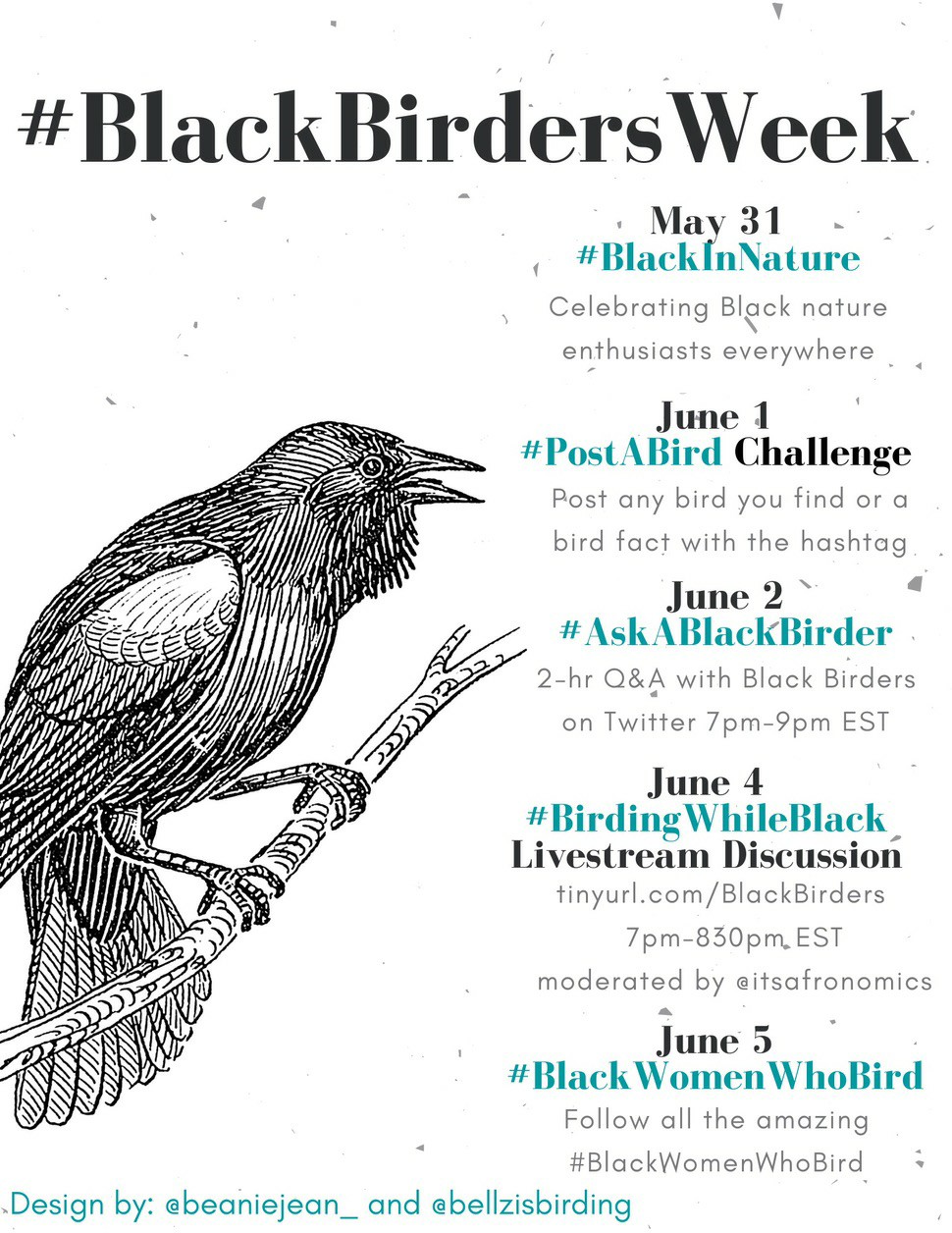
To learn more about #BlackBirdersWeek, Live Science spoke with two of the event's organizers, Danielle Belleny, a wildlife biologist based in San Antonio, Texas, and Sheridan Alford, an environmental educator based in Athens, Georgia, who is better known on social media as Beanie Jean. Belleny and Alford are part of a group of about 30 black scientists who created #BlackBirdersWeek. The event is hosted by the @BlackAFinSTEM accounts on Instagram and Twitter, which Belleny and Alford also help manage.
The interview has been edited slightly for length and clarity.
Live Science: What is Black Birders Week, and what inspired you to create the event?
Sign up for the Live Science daily newsletter now
Get the world’s most fascinating discoveries delivered straight to your inbox.
Sheridan Alford: Black Birders Week is an event we co-created or co-founded basically to exemplify and provide representation for Black birders and Black people in STEM. We really wanted to create the dialogue within the birding community but also just uplift and enhance the Black birders that already exist in the world.
Danielle Belleny: Birding is often seen as dominated by White men, and nature in general is dominated by White people in these spaces, but nature is for everybody. And we want to showcase all the beautiful Black faces being able to enjoy nature the best way that they can, whether it's through their window or on a hike or something.
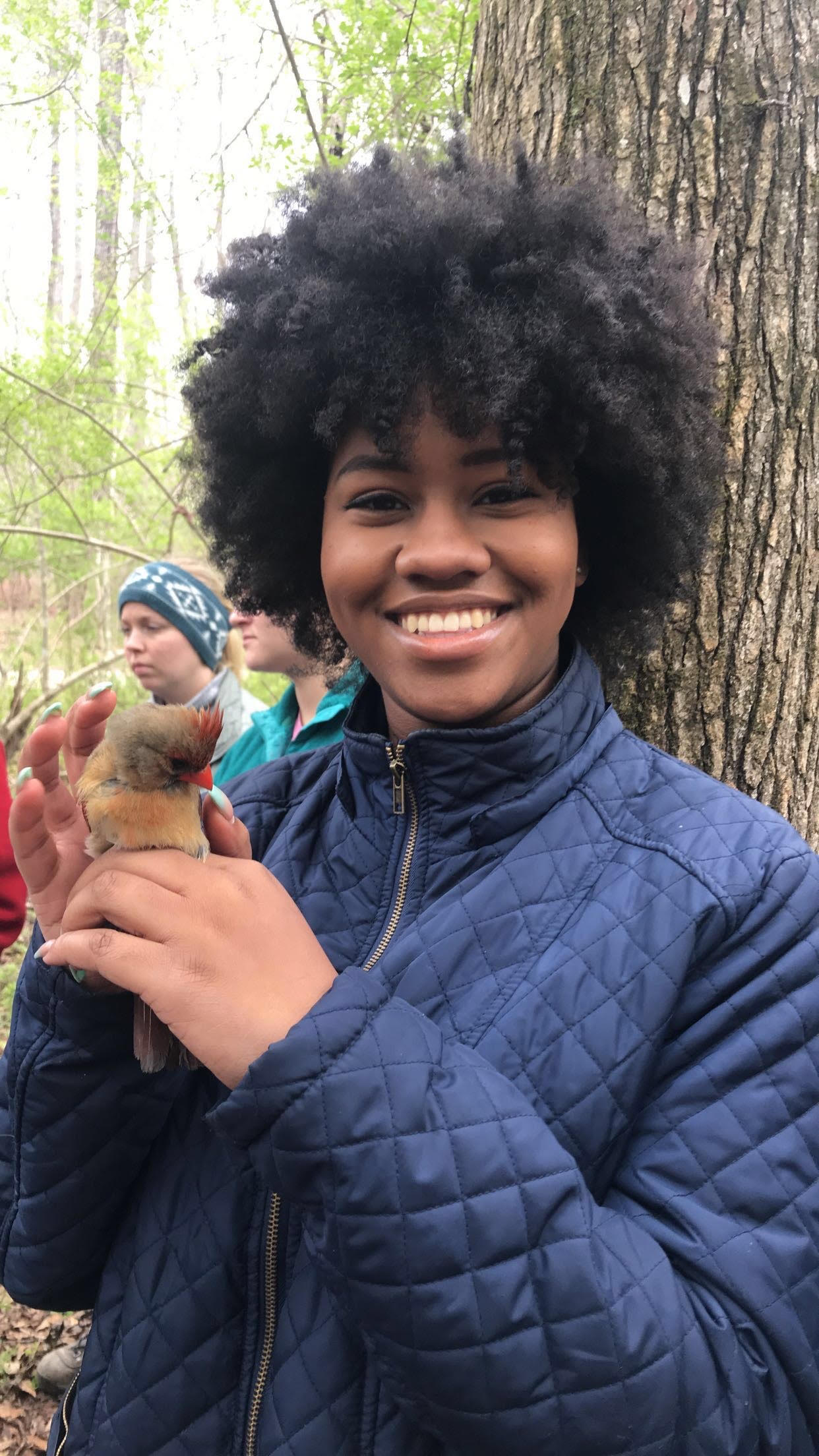
LS: What do you hope people will take away from this event?
DB: We really want our nonblack peers to understand the experience that we have as Black outdoors enthusiasts. We often feel uncomfortable in these spaces because of discrimination and these systemic barriers that don't allow Black people to have this recreational release that we often need in our lives. There's a lot of stressors out there for Black people, and they're not the same for White people. We really want our peers to understand we have these difficulties. But the outdoors belongs to everybody and we need safety, and it cannot become safe without the participation of everybody.
SA: A lot of people have messaged or DM'd [direct messaged] and asked, "I'm not Black and I'm not a birder, but how can I participate or how can I be involved?" and everyone's consensus is just repost — all support is good support. We definitely encourage everyone to participate, even if you don't identify with the title, you still identify with birding; you still identify with nature. It's for Black birders, but everyone can be for that same initiative.
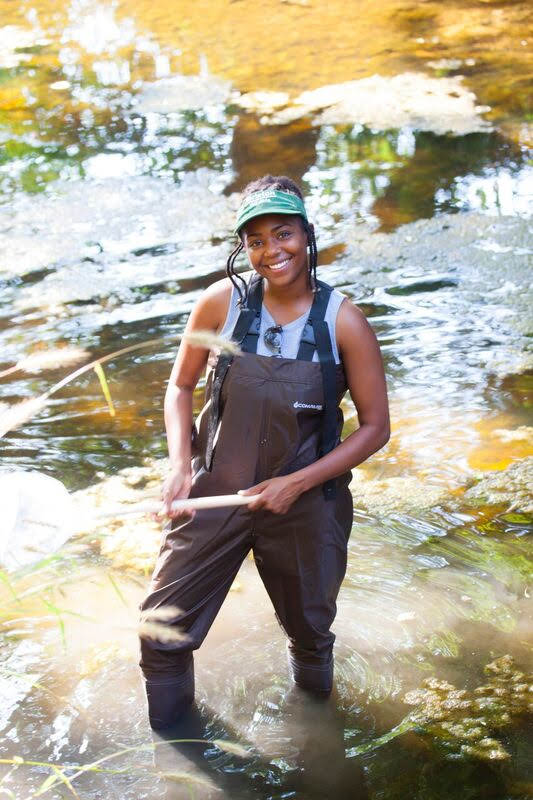
LS: How did you become a nature enthusiast and get into birding?
SA: For me, it was my mother, for sure. I have a distinct memory of her yelling at someone in the library because they set their McDonald's down outside their car. And forever since then, I thought, "This is something that's super important!" It's one thing to be upset and think, "You shouldn't do that," but it's another thing to say "Hey! Can you pick this up and put it in the trash can, where you know it goes?" So I think that was a big example for me.
But as far as getting into wildlife and nature, and birding, it had to do with my schooling, at UGA [The University of Georgia]. The college that I'm in is the Warnell School of Forestry and Natural Resources. A lot of the professors there really facilitate growth. My advisor, Dr. Gary Green is pro-anything that I'm trying to do and I love him for that. So, I've really been able to develop my love for nature and exposing and educating Black people and really just increasing our involvement in the outdoors.
DB: And for me, I was really always an outdoor child, you know, picking up bugs, picking up snails at like the age of 3. So, being passionate about animals and being passionate about the outdoors is something that's been instilled in me.
But as far as the passion in birds, I would say that happened in undergrad when I took on an internship where I did some nest searching in south Texas. So, I would watch birds build a nest, and I would watch them lay eggs in a nest and I got to watch the eggs hatch and then turn into babies. That whole process still baffles me today. I'm watching a black-chinned hummingbird — I think I got that correct — a black-chinned hummingbird in my backyard has a nest and I've been watching it day by day just to see what's going on with the babies, it's so exciting! So, that internship definitely changed my view of how cool birds are and how important they are for conservation. They can be this umbrella species that helps build habitat and helps sustain habitat for a number of species.
Then, I went on to grad school and did some bird-centered projects and got really into birding and the birding community from there.
LS: This might be a challenge to answer, but what is your favorite bird?
DB: That's tough.
SA: The northern cardinal, I think I can identify that as my favorite, at least a top five, just because it reminds me of home. It's probably the first bird that I really identified, even when I was a kid, I was like "I know that one, that bird is a northern cardinal!" And their song is great, and they're very charismatic birds.
DB: I regionalize my favorite birds. I'm from San Antonio, Texas, and that's where I am now. My favorite bird is the painted bunting. It's so colorful, it's so bright; I feel like I just connect to it so closely. It's like a crayon got melted on a bird. It's prevalent; it's in my backyard every morning; and it makes me so happy to see it every time.
SA: You're lucky! I wish I had painted bunting in my backyard! I have cardinals.
DB: They're good, too!
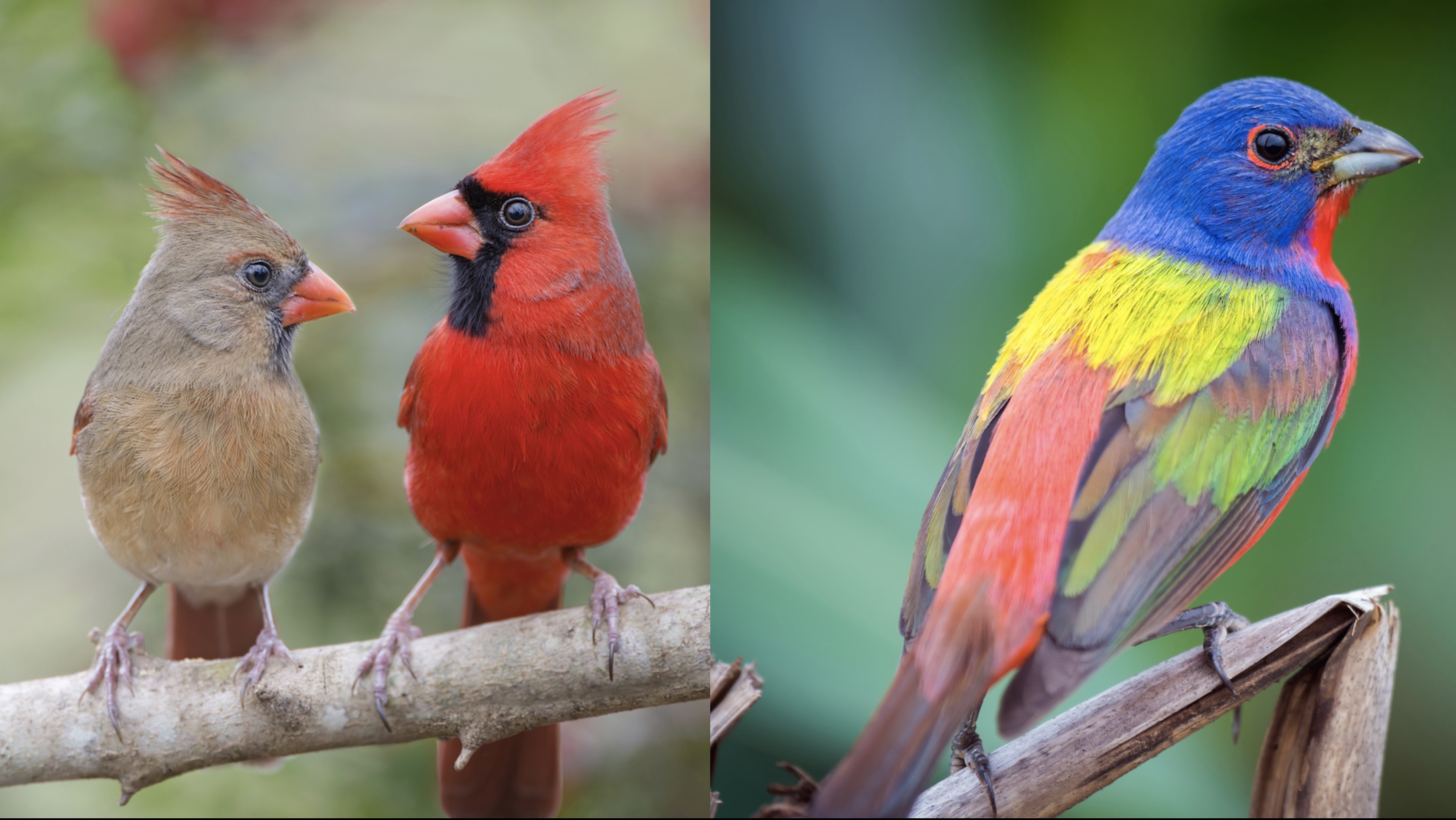
LS: What is your advice for black people who want to get into birding?
DB: If you have an interest, just pursue it. Don't let anybody hold you back or tell you that you shouldn't do that activity if you have a passion for it. Just do you. Don't listen to anybody else. Take terrible pictures of birds or bad pictures of plants. It's ok!
SA: I second that. If I had to give two definitive tips, one would be to follow the community. Virtual and social media is really the catalyst for Black Birders Week, but also it's an amazing network. If you're not really sure how to get into it or what to do, just search the bird hashtag [#BlackBirdersWeek, #BirdingWhileBlack] or Black in nature hashtag [#BlackInNature] and follow some people. If you have questions, DM. That would be my first tip.
Then second, know that anything that you do in the realm of birding is birding. If you have a birdfeeder in the backyard, that's birding. You don't have to have binoculars to be considered a birder. Just know that you going outside is good enough.
LS: What is your advice for black people who want to get into the STEM fields?
SA: People can see genuine character and they can see authenticity. So you being your true self, if you're truly interested in this passion, then people are drawn to that passion. So just be yourself, and go into the room knowing that you know what you know. Don't let anyone demean what you know. You belong there.
DB: To provide reassurance for those Black people that are in STEM that might feel lonely right now: I used to also be in that same position. I didn't see myself represented very much. I was often just like "Where are my people?" I wanted to connect on a different level to what I enjoy, and I found that through @BlackAFinSTEM. I found that in our group chat, on Twitter, so definitely reach out and connect to us online because we're here for you and we have your back.
SA: And we're really fun and cool!
DB: We are, come hang out!
LS: Do you have any favorite #BlackBirdersWeek posts so far?
DB: I've been helping run the Instagram and I see everything, and all of it is so amazing.
The messages that I'm getting from the Black people who are going outdoors or first off, starting to bird because they see us, or being more motivated to actually go out because they initially felt bad about doing it — seeing those messages has made me so emotional — happy, sad. I'm with you, this is why we're doing it! We want you to be a part of us.
SA: My favorite posts so far are the ones that transcend the generational gaps. I love when people post their grandparents, and are like this is my grandad and we go birding. Or people posting their children, teaching their children how to go camping or how to bird. I just love the different levels that birding can really overtake. Those have been my favorite posts.
A photo posted by @kiesha_trails on May 29, 2020 at 4:10pm PDT
A photo posted by @backyard_basecamp on May 31, 2020 at 7:23am PDT
I owe my love of nature to my ancestors: from my 3x great-grandpa who bought our family's land after Emancipation, to my grandmother who star-gazed and gardened with me on that same land. She also taught me mark recapture! #BlackInNature @BlackAFinSTEM pic.twitter.com/koxIUvSqXfMay 31, 2020
#BlackInNature reminds me of a father and son I met near Orlando, during the 2016 ICE entomology conference. Dad was helping him finding a rare mantis species. I wonder if they found it. (35mm film photo) pic.twitter.com/QejkGm61mlMay 31, 2020
- Why racism persists: Unconscious bias may play a role
- Are birds dinosaurs?
- Birding for beginners: A novice gets tips from the pros
Editor's note: This article was updated on Jun. 4, 2020 to correct Christian Cooper's name. The original version incorrectly referred to him as "Christopher Cooper."
Originally published on Live Science.
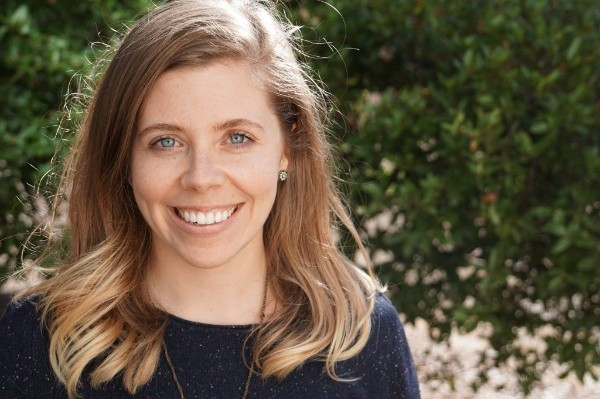
Kimberly has a bachelor's degree in marine biology from Texas A&M University, a master's degree in biology from Southeastern Louisiana University and a graduate certificate in science communication from the University of California, Santa Cruz. She is a former reference editor for Live Science and Space.com. Her work has appeared in Inside Science, News from Science, the San Jose Mercury and others. Her favorite stories include those about animals and obscurities. A Texas native, Kim now lives in a California redwood forest.









